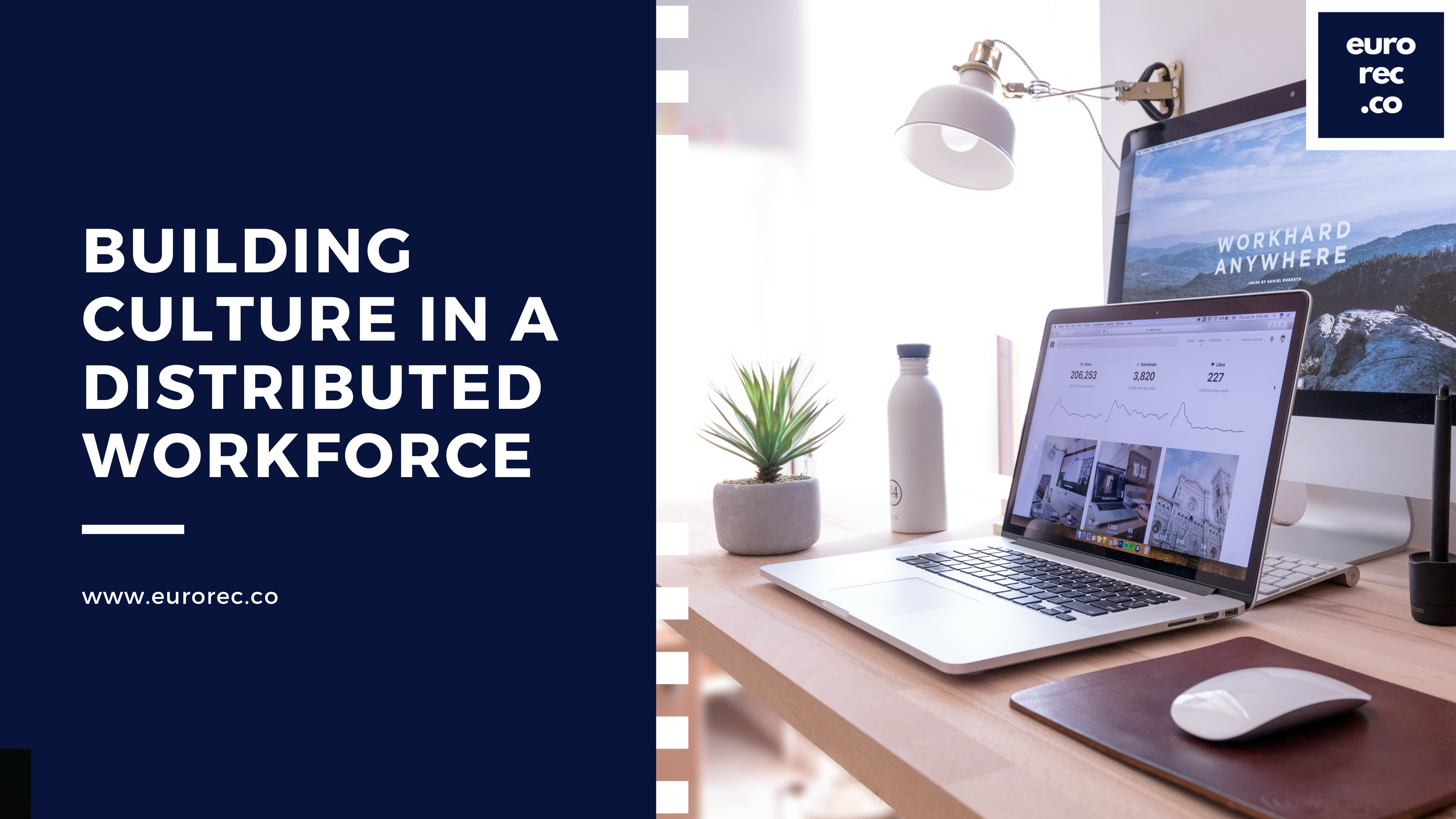Building Culture in a Distributed Workforce: How to Keep Teams Connected and Engaged
Creating a strong and cohesive culture in a distributed workforce can be challenging, especially as businesses grow. With teams spread across different locations, HR professionals need to be intentional about fostering a sense of belonging and shared purpose. Without careful planning, remote teams can quickly become disconnected, leading to lower engagement, reduced collaboration, and even higher turnover rates. A strong workplace culture isn’t just a ‘nice to have’—it’s the foundation that keeps employees motivated, productive, and aligned with company goals.
The Power of Diversity
Embracing diversity is essential for businesses looking to build resilient and high-performing teams. A diverse workforce brings together a broad range of experiences, perspectives, and problem-solving approaches, which can lead to greater creativity and innovation. Moreover, an inclusive environment where employees feel valued and heard fosters stronger engagement and better decision-making.
A well-rounded team can also enhance a company’s ability to connect with a diverse customer base. When employees come from varied backgrounds, they bring insights that help organisations appeal to different demographics and markets. However, diversity alone isn’t enough—it needs to be supported with inclusive policies, fair hiring practices, and a culture that genuinely embraces differences. This is where HR professionals play a crucial role in embedding diversity into a company’s DNA, ensuring it’s not just a corporate buzzword but a lived experience for all employees.
Keeping Teams Connected
When employees work in different locations, it’s easy for communication gaps to emerge. Maintaining team cohesion in a growing organisation requires open communication, a shared sense of purpose, and a commitment to collaboration.
Regular check-ins, virtual meet-ups, and transparent leadership help ensure that employees feel connected, regardless of their location. Using collaboration tools such as Slack, Microsoft Teams, or project management platforms can help streamline communication, but these tools are only effective if there’s a culture of openness behind them. Leaders need to set the tone by encouraging frequent and meaningful interactions, ensuring employees feel comfortable reaching out for support and guidance.
Embedding company values into everyday practices is equally important. From the moment a new hire joins the business, they should feel aligned with the organisation’s mission, values, and ways of working. This can be reinforced through structured onboarding programmes, mentorship opportunities, and ongoing engagement initiatives that reinforce a shared identity and sense of belonging.
The Role of In-Person Connections
While remote and hybrid work have many benefits, in-person interactions still play a crucial role in strengthening workplace relationships. Many organisations find that occasional in-person events—whether team offsites, annual company retreats, or informal social gatherings—help reinforce connections that can be harder to maintain in a fully remote setting.
These events provide opportunities for employees to bond beyond their day-to-day tasks, fostering trust and camaraderie that can improve collaboration. Even if in-person meetings are not feasible on a frequent basis, HR teams can organise virtual social events, recognition programmes, and informal networking sessions to help employees build stronger relationships with their colleagues.
Finding the Right Balance
For HR professionals, the key to success in a distributed workforce lies in balancing flexibility with a strong cultural foundation. Flexibility is one of the biggest benefits of remote work, allowing employees to work in a way that suits them best. However, flexibility should not come at the cost of connection.
Organisations that thrive in a distributed setup are those that invest in culture-building activities, encourage transparent communication, and ensure employees feel valued regardless of where they work. HR teams must continuously assess employee engagement levels, gather feedback, and adapt strategies to meet the evolving needs of their workforce.
A strong culture doesn’t happen by accident. It requires ongoing effort, leadership commitment, and a willingness to adapt. Companies that prioritise connection, inclusivity, and engagement will not only attract top talent but also retain it, creating a resilient and motivated workforce that drives long-term business success.
Thank you for visiting our European Recruitment blog!
Join us on LinkedIn
Follow us on Instagram
Check out our other projects: The HR Guys | Interim HR Network | Cambridge Recruitment

